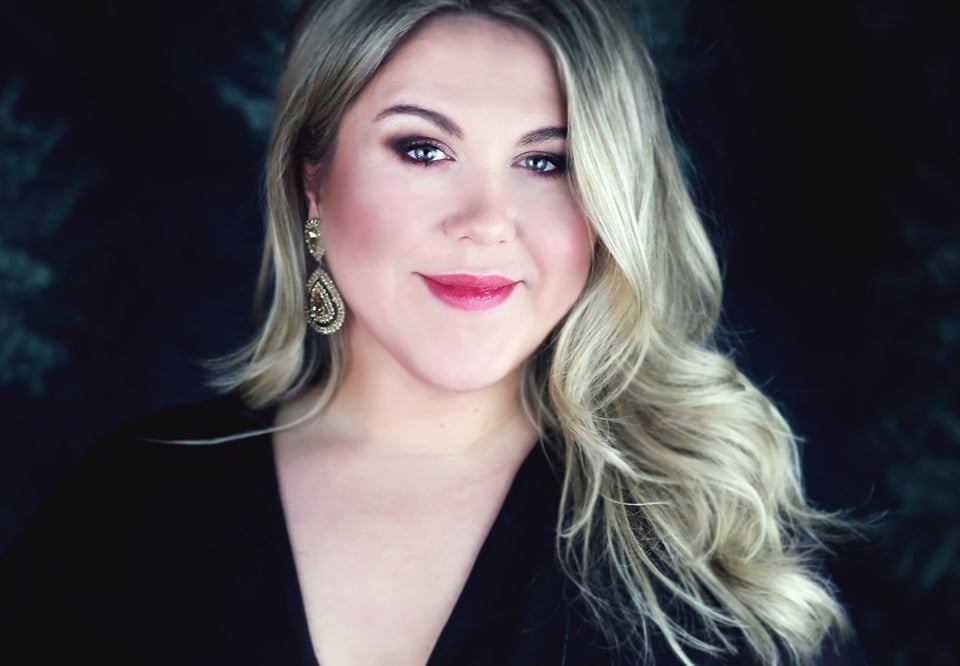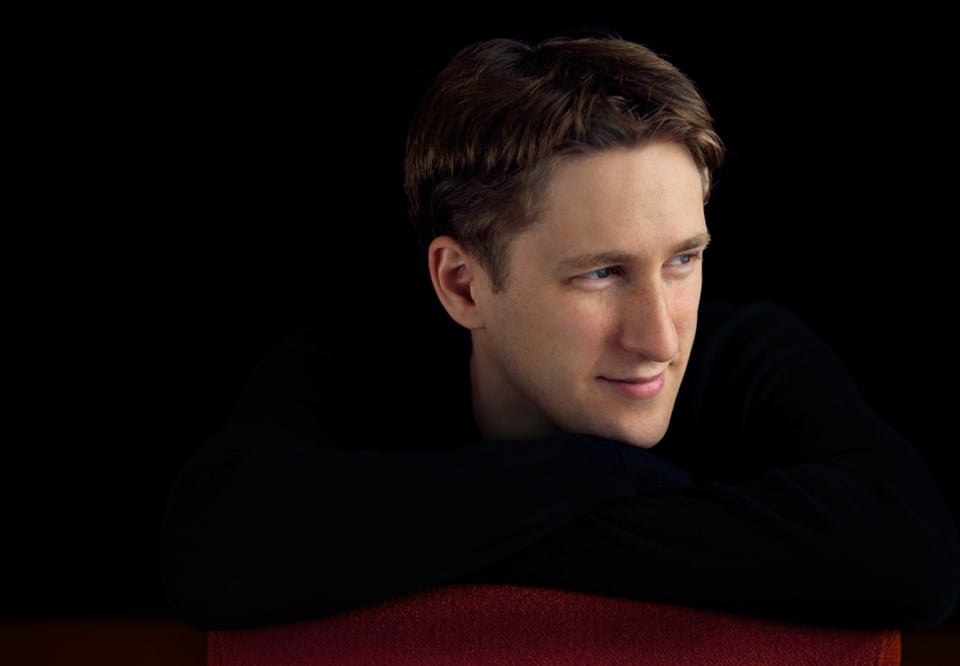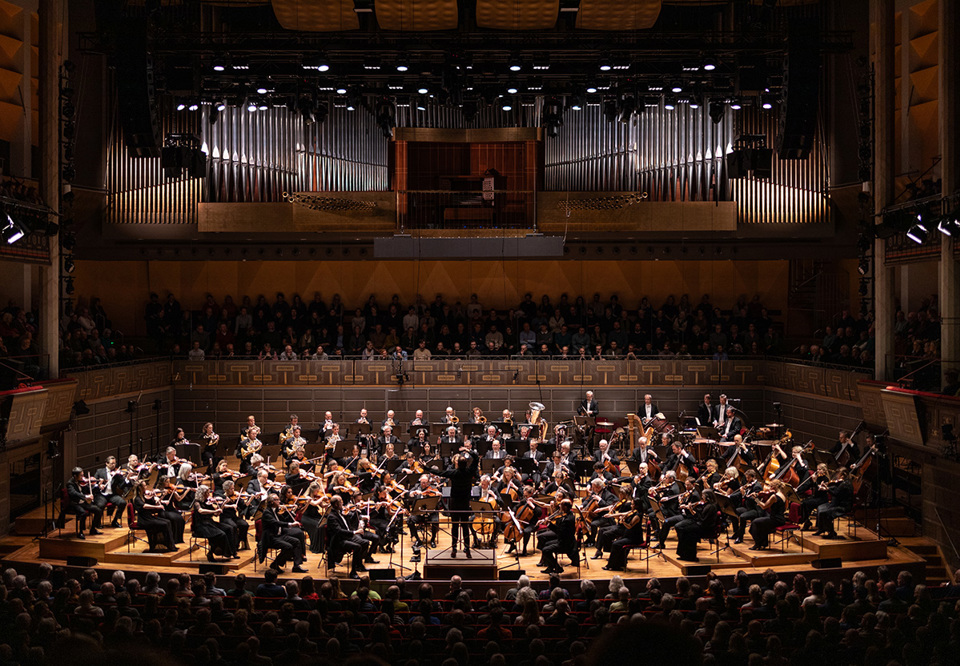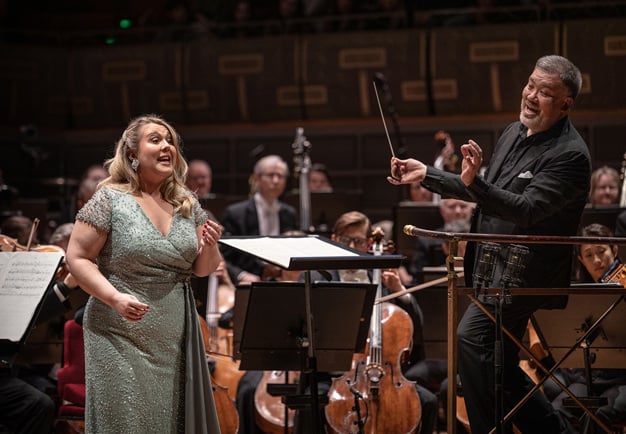Haas and Mahler
Joshua Weilerstein conducts two magnificent symphonies, with Christina Nilsson as the soprano soloist.
Pavel Haas (1899–1944) and Gustav Mahler (1860–1911) emerged from similar roots in the Bohemia that is now Czechia: Haas from Brno and Mahler from Kaliste, 120 kilometers away. Both were Jewish, but Haas hailed from a Moravian-Jewish family and Mahler from an Austrian-Jewish one.
Pavel Haas was deported during World War II to the Theresienstadt concentration camp, later to be murdered in Auschwitz. His only symphony remained unfinished. It wasn't until half a century later that the remaining material was orchestrated, and the work premiered in 1998. Haas' creative output is characterized by Bohemian and Jewish influences, with elements of folk music and jazz. The symphony is a remarkable, staggering piece.
If darkness pervades Haas' symphony, Mahler's fourth symphony is brighter, lyrical, and playful. It's been dubbed "sky blue" at times, and the fourth movement features a soprano solo: "Wir geniessen die himmlischen Freuden," "We enjoy the heavenly pleasures."
The soloist is our latest soprano star in the international music scene, Christina Nilsson. Conducting this captivating program with the Royal Stockholm Philharmonic Orchestra is the American conductor Joshua Weilerstein, noted for his championing of rare works.
-
The music
Approximate times -
Pavel Haas Symphony arr Zdenek Zouhar25 min
-
Intermission25 min
-
Gustav Mahler Symphony No. 455 min
-
Participants
- Royal Stockholm Philharmonic Orchestra
- Joshua Weilerstein conductor
- Christina Nilsson soprano
- Susanne Rydén host





